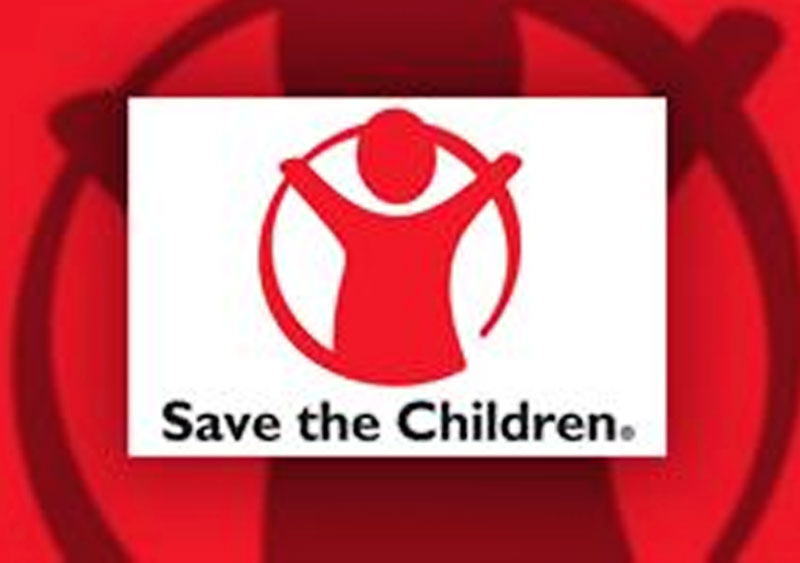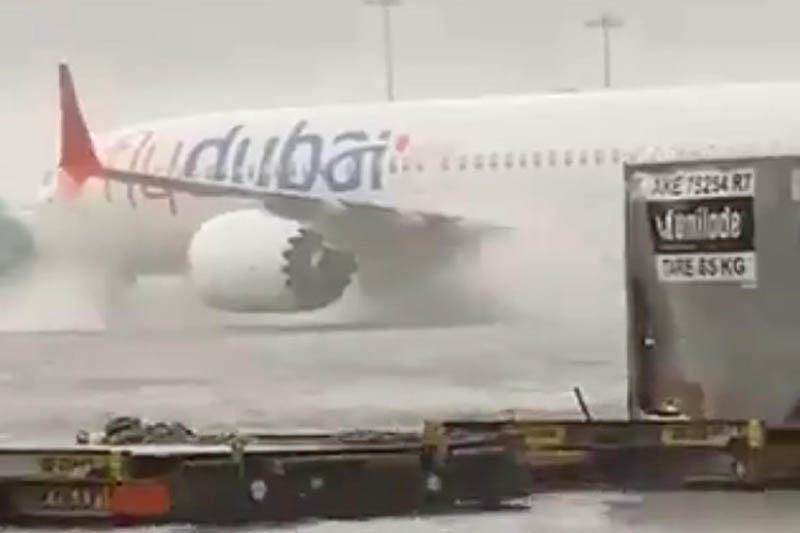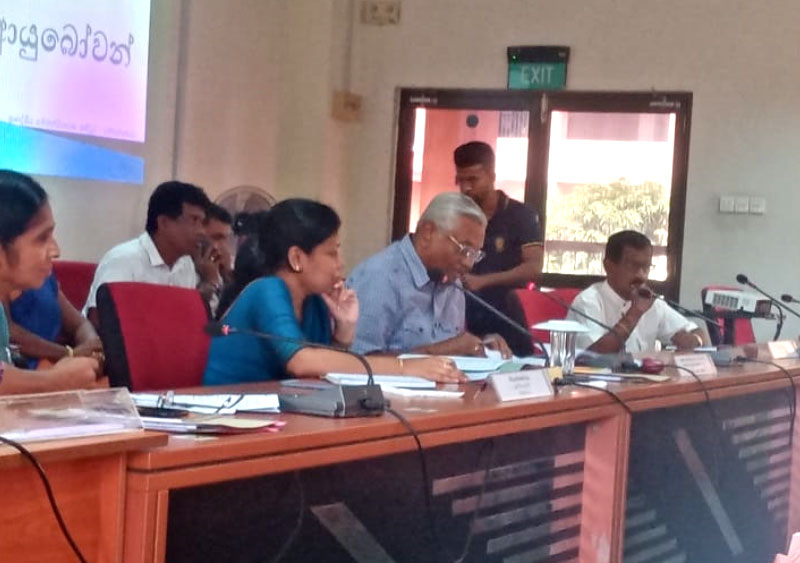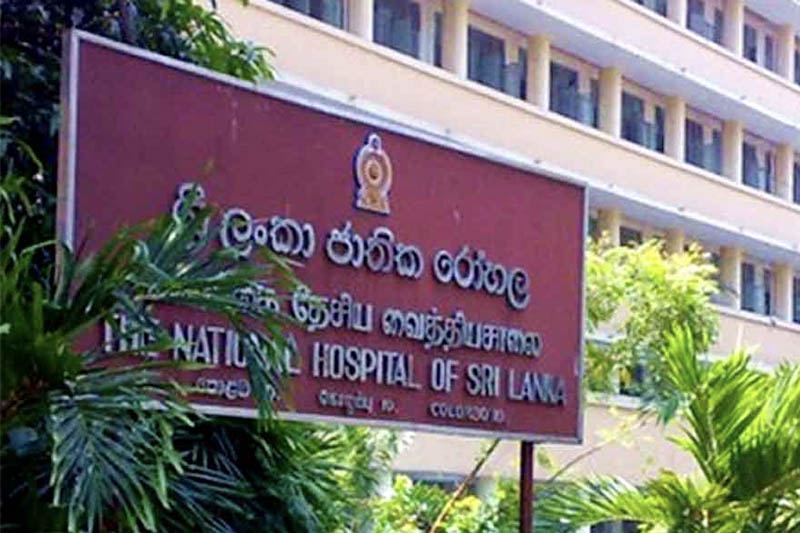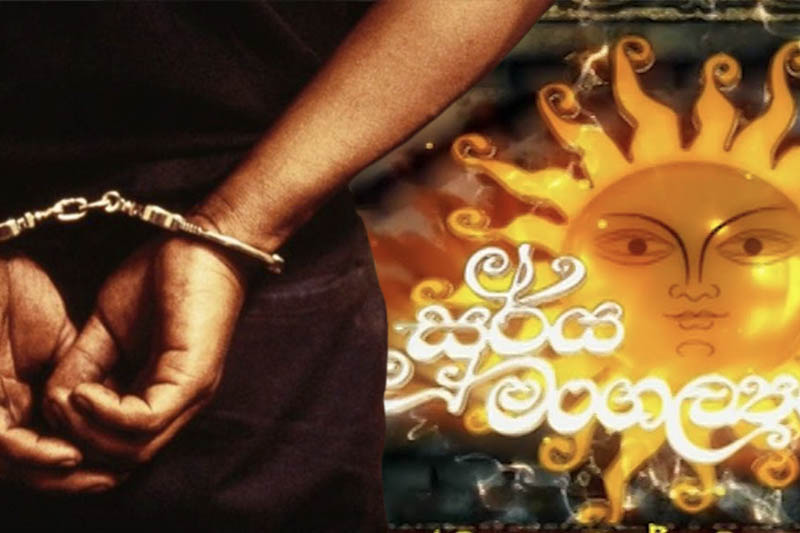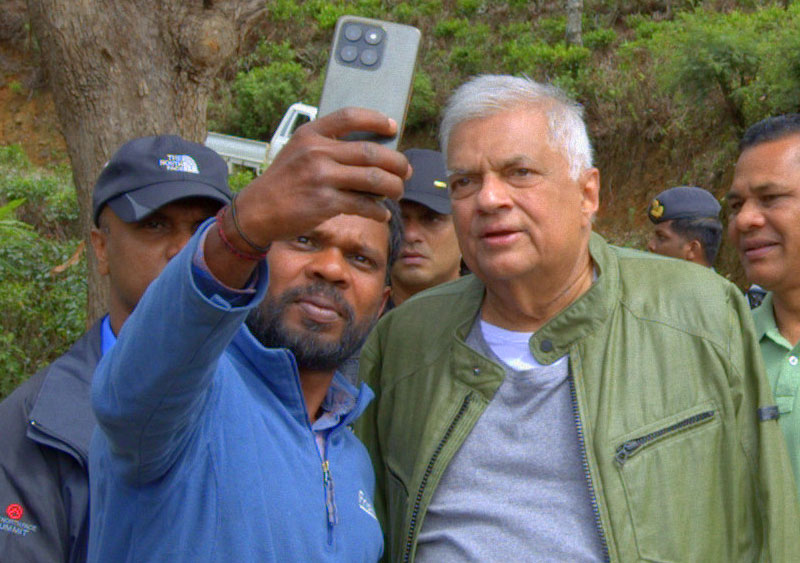Sri Lanka’s economic meltdown has spiralled into a full-blown hunger crisis, with half of the families in the island nation forced to reduce the amount they feed their children, according to a child rights charity.
The government and the international community must act now to prevent the country’s children from “becoming a lost generation”, Save the Children warned in a latest rapid assessment report.
“Since the Sri Lankan government defaulted on its debt nearly a year ago, soaring inflation and food, medicine, and fuel shortages as well as a lack of stable employment have left families unable to cope,” the report said.
While half of Sri Lankan households are cutting their children’s food intake, according to the charity, 27 percent of more than 2,300 households it surveyed reported adults skipping meals to feed their children.
Nine out of 10 households said they cannot guarantee nutritious food for their children, it said.
Save the Children has warned of “a very real danger of a full-blown hunger crisis” in Sri Lanka.
“This is an emergency situation that requires an emergency response,” said Julian Chellappah, the charity’s Sri Lanka director.
Refocus or redesign present humanitarian interventions
The charity called for a refocusing or redesigning of the present humanitarian interventions to improve focus and to meet the urgent or lifesaving needs of households experiencing a significant level of impact due to the current crisis.
That will enable them to properly recover from shocks.
It said there are clear indications of a disproportional impact of the crisis on households depending on demographics, particularly in households with children where women are the sole breadwinners.
The households with insufficient labour contributions or an inability to boost income through alternative revenue sources have struggled significantly to meet their fundamental needs.
The report observed that the households that have managed to increase their income have failed to provide adequate childcare, thereby increasing the risk to children’s well-being, as evidenced by the fact that more children in this category have begun exhibiting signs of stress compared to children in other households.
“It is necessary to refocus or redesign the present humanitarian interventions to improve focus and to meet the urgent or lifesaving needs of households experiencing a significant level of impact, due to the current crisis and enabling them to properly recover from shocks,” said the report.
“Women-headed and women-led families with children or other vulnerable household members must receive greater attention to enable income creation to support children’s access to school and their survival,” it added.
The phase two report presents findings from a six-month follow-up survey to a June 2022 report, with households surveyed under the first RNA phase.
The first household survey, with a representative sample of SC Sri Lanka programme participants across the nine districts of Anuradhapura, Nuwara Eliya, Monaragala, Badulla, Ratnapura, Trincomalee, Mullaitivu, Kilinochchi and Colombo, was conducted in June 2022.
A follow-up survey (Phase 2 assessment) was conducted with the same households from November 21 to December 17, 2022.
Nearly all households taking part in Phase 1 of the study (2,309 households) participated in the second phase (2,308 households).
Some of the key findings revealed by the report include that between June to December 2022, there has been a 7 percent drop in households that can meet all or most of their basic needs (from 69 percent to 62 percent).
However, the remainder of the respondents reported that they were still struggling to fulfil their basic general needs.
For the same period, there has been an increase in the percentage of households that lost most of their income from 47 percent to 55 percent.
As a result, one in three households (34.1 percent) reported that their spouse had to take on additional work.
Over one in five (22 percent) households reported that another adult in the household had to work and 9.2 percent reported sending their daughter/son to work.
Save the Children Sri Lanka asserted there is a gap in the coverage of humanitarian assistance to vulnerable households.
Only one in three households has received cash support/remittances since June 2022.
The support was mostly received from the government, followed by non-governmental organisations, community and others – including other family members/relatives.

